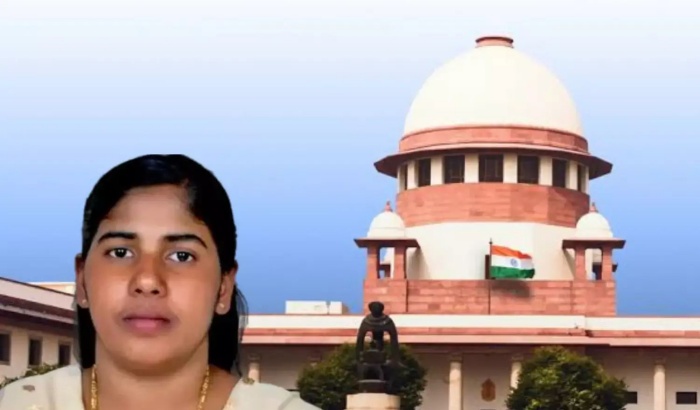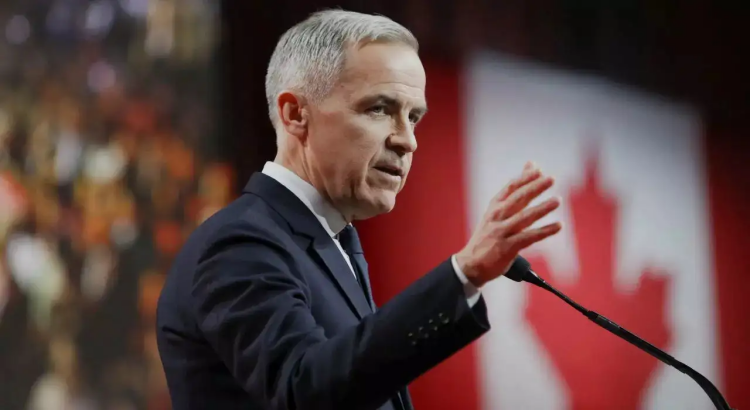The case of Nimisha Priya, a Kerala nurse sentenced to death in Yemen for murdering a Yemeni national, has sparked intense debate and diplomatic efforts. With her execution initially scheduled for July 16, 2025, the Indian government and various stakeholders have been working tirelessly to secure a pardon or negotiate a settlement.
Background of the Case

Nimisha Priya was convicted in 2020 for the murder of Talal Abdo Mahdi, her business partner, and sentenced to death. Her final appeal was rejected in November 2023, leaving her fate hanging in the balance. The case has drawn widespread attention, with many questioning the fairness of her trial, which was conducted in Arabic without an interpreter.
Diplomatic Efforts and Controversy

The Indian government has stated that it has reached its limit in terms of diplomatic intervention, citing limited influence in Yemen. However, efforts are being made to negotiate a settlement through “blood money” (diyā) under Sharia law, which could potentially commute her sentence if the victim’s family accepts compensation. The government has reportedly explored options for informal communication to facilitate a settlement, avoiding public disclosure that might unsettle the matter further.
Recent Developments
In a significant turn of events, Nimisha Priya’s execution has been postponed, thanks to the intervention of Indian and Yemeni Sufi leaders and diplomatic efforts. Talks are now underway with the victim’s family, raising hopes for a possible settlement. The Supreme Court of India has expressed concern over Nimisha’s fate and will continue hearing the case on July 18.
Key Issues and Concerns
- Fairness of the Trial: Concerns have been raised about the trial’s fairness, given that it was conducted in Arabic without an interpreter.
- Diplomatic Limitations: The Indian government’s ability to intervene is limited due to the complexities of international diplomacy and Yemen’s legal system.
- Blood Money Settlement: The possibility of a “blood money” settlement offers a glimmer of hope, but its success hinges on the victim’s family’s willingness to accept compensation.
- Humanitarian Concerns: The case highlights the challenges faced by Indian nationals abroad, particularly in countries with different legal systems and cultural norms.
Conclusion
The Nimisha Priya case underscores the complexities of international diplomacy and the need for nuanced approaches to protect the rights and lives of Indian nationals abroad. As diplomatic efforts continue, the outcome remains uncertain, leaving Nimisha Priya’s fate hanging precariously in the balance. The postponement of her execution offers a temporary reprieve, but a lasting resolution requires sustained diplomatic engagement and a commitment to upholding human rights.
![]()









Leave a Reply